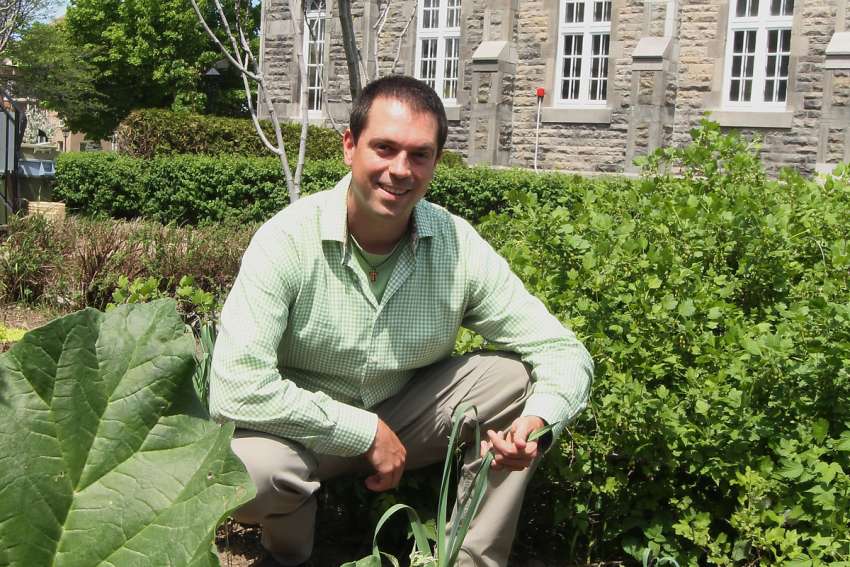On Apr. 23, the board of the Green Churches Network (GCN) voted to dissolve, citing a longstanding struggle to secure reliable funding as the catalyst for closure.
Director and founder of the GCN Norman Lévesque told The Catholic Register that 90 per cent of their funding comes from religious congregations and that “many have told us that they will be reducing or stopping their support altogether.”
The Network began in 2006 as a project of the Montreal Presbytery of the United Church, became a program of the Canadian Centre for Ecumenism (CCE), and only incorporated in 2015 after a change in director necessitated an independent legal structure for the non-profit.
Over the years, the group has hosted conferences, produced training materials, and in 2011, assisted a Quebec winery get one of its wines authenticated as a mass wine “thereby avoiding having to import sacramental wine over great distances from California.”
Lévesque said that the financial crunch has already affected the organization. In the first half of the year, GCN has received only a fifth the amount of accustomed donations.
“We don’t have much left.”
Lévesque says that the Network has never had a single major donor but relied on small contributions from close to 30 individual religious communities.
Since 2020, the board and staff have exhaustively searched for alternate sources of funding but have come up short. Lévesque explained that federal government already supports a lot of environmental groups, the Quebec government is wary of any organization with the word “churches” in the name, and as for the Catholic Conference of Catholic Bishops (CCCB), he says that “environmental stewardship is too new.”
Lévesque, an atmospheric scientist, says that “it is now my mission to close the Network properly.”
In the press release following the Apr. 23 vote, the directors stated that the website with its resources will continue, as well as videos on YouTube and online training materials.
The announcement also encouraged the CCCB to “exercise the mission of Creation Care leadership by offering dioceses and parishes a “Laudato Si Program”.”
In 2014, a year before Pope Francis issued the encyclical Laudato Si, Lévesque published a handbook for parishes looking to bring their practices in line with a concern for the environment.
Entitled Greening Your Church, the book is labeled as “a helpful guide and companion to creating environmentally friendly churches.”
Lévesque is not altogether disheartened by the decision to close the Network. Since the May 1 announcement, he has received many encouraging messages from dioceses throughout Quebec, including Montreal, Saint-Jean-Longueuil, and Sherbrooke. Many of them noted that the Network “created a space for dioceses to establish their own environmental programs.”
“If that is just that, then I am happy,” said Lévesque.
The decision to close was made shortly after Easter and Lévesque drew a message for the board and supporters from a scripture passage from the Gospel of John, “If a grain of wheat falls to the ground and does not die, it remains alone; but if it dies, it bears much fruit.”
The Network, says Lévesque, “did what it had to do, the seed was planted and though the charitable organization dies, it will continue to bear fruit.”


